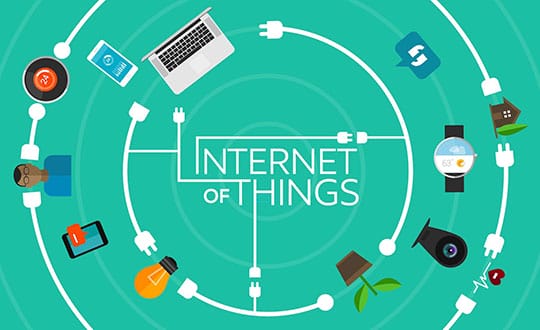Logistics is one of the oldest operations that mankind has been concerned with. Even the most ancient human civilizations traded goods and had to move them from one location to another. As the world has become increasingly interconnected, logistics operations have grown more and more complex.
Trade now occurs across vast distances and across international borders, and logistics companies are responsible for the planning, implementation, and management of these goods as they move to their destination. This complex operational planning is made even more difficult as customers demand better and better levels of service.
Modern logistics services have to optimize their processes to be as efficient as possible and cut costs in order to stay afloat in this competitive marketplace. Fortunately, as this industry has grown more complex, and operational tasks have become more demanding, technology has evolved with it.
Logistics companies now rely heavily on digital technology, and it forms the backbone of modern logistics operations. Below, we’ve outlined 4 key technological innovations that have made the biggest difference.
Recommended for you: Overcoming the Fear of Technology.
1. Logistics Software

The biggest technological game-changer in the logistics industry was the development of logistics software. Logistics software has digitized and automated processes that would previously have needed to be completed manually.
These comprehensive software solutions do everything: inventory control, delivery tracking, documentation creation, warehouse management, import and export management, and more. These kinds of software solutions are a key component of modern logistics operations that service providers and suppliers would struggle to continue operating without.
“Logistics software enables companies to get their products to customers faster and more efficiently. Without logistics software, online shopping, next day shipping, and e-commerce as we know it would not exist. There is so much data, documentation, communication, and analysis that goes into logistics that without logistics software you’d be paying more for shipping than the actual product. E-commerce doesn’t exist because of advances in the ocean freight vessels, it exists because of advances in internet technology and software.” – as mentioned by the principal of Silver Bullet Technologies.
2. The Internet of Things

The internet of things refers to connected devices that can communicate with each other to interact and exchange data. It’s an innovation that has transformed the logistics industry by facilitating the tracking of cargo as it moves from one place to another. It enables the end-customer to have enhanced visibility of their delivery end route.
Things like GPS and telematics systems can also come under the banner of the Internet of Things. These technologies enable suppliers, manufacturers, and distributors to monitor things like traffic, road works, and weather, thus enabling them to re-route their deliveries in real-time and save on both time and cost.
Smart chips and tiny computers can be installed in cargos, containers, and delivery vehicles in order to provide real-time data which can be used to monitor the goods being moved in all sorts of ways.
3. Robots and Drones

Once the stuff of science fiction, robots are now playing a very real part in logistics operations. AGVs (automated guided vehicles), aerial drones, and even ‘legged robots’ that walk, are now almost commonplace in warehouses across the world.
They’re used for things like inspection of goods and inventory management and can pick up and move packages and shipments between trucks and warehouses autonomously. This automatic loading and unloading have allowed logistics companies to reduce their human resources and cut costs by automating what were previously manual processes.
A great example of a company using robots and drones effectively is Amazon. They estimate that their ‘Kiva robots’ have saved them at least $22 million in each fulfillment center in which they’re being used.
Amazon has also been public about their commitment to moving towards aerial deliveries of goods via a fleet of drones. This has made headlines across the world but right now is in its earliest stages. While the widespread use of delivery drones isn’t yet on the table, it may become a reality sooner than you think.
4. Blockchain

‘Blockchain’ is the technology that most people are familiar with for its use within cryptocurrencies but, at its core, is nothing more than a decentralized, distributed, the digital ledger of information.
Blockchain applications have been developed for use in logistics to create more transparency in the supply chain, speed up processes, and cut down on paper trails. It’s been praised by some as ‘the future of the internet’ and highlighted as a key technological innovation that could transform many different industries.
You may also like: Top 5 Benefits of Installing Smart Home Technology.
Final Words

There you have it – 4 key digital technologies changing the logistics industry, but it doesn’t end there. In the future, as even more advances are made in the field of technology, expect to see more groundbreaking exciting new technologies make major changes to the way goods are moved.





